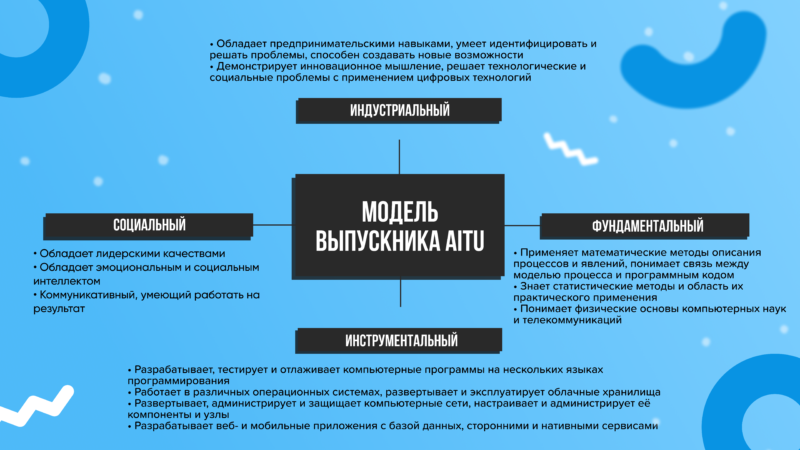Managing networking for a smart city system is a multifaceted endeavor aimed at integrating diverse technologies and ensuring dependable communication among various devices and services. The objective is to establish a scalable, secure, and efficient network that supports the city’s infrastructure and services. Key considerations include network infrastructure planning, choice of network technologies, network architecture, security and privacy measures, data management and analytics, maintenance and monitoring, stakeholder engagement, governance, and future-proofing for innovation. Successful management of a smart city’s network demands expertise in networking, cybersecurity, data analytics, and urban planning, coupled with continual evaluation and adaptation to meet evolving requirements.


